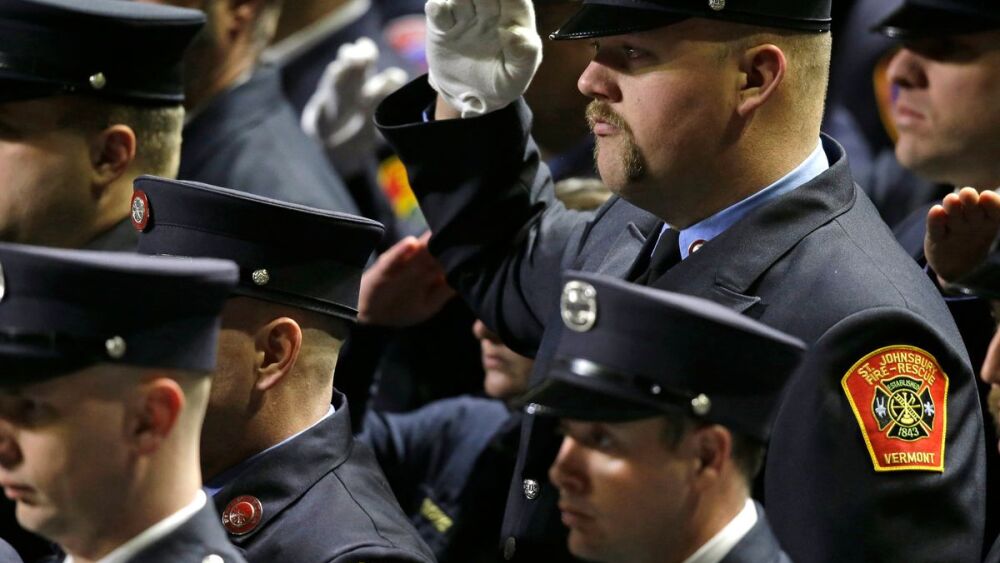I have lost several family members, firefighter colleagues and friends over the years. Some were surprises; others were a normal component of life.
I’ve previously written about loss, in part, as a way to cope with things I didn’t feel prepared to handle.
Coping is a curious concept: I don’t think we ever really get over some of the pain in our lives. We can process it and function normally in daily life, but we mostly live with grief as best we can. For me, I get up every day and go on with my life because I refuse to just give up.
While we may get used to loss, we are also different because of it. It changes us. These are things I learned from losing people I love. Notice I say love, present tense. I don’t like referring to those who have died in the past tense. They were my friends before they died, and they are still my friends even after they have died. And I have been changed, for better or worse, because I knew them.
For instance, when we lose a loved one, we develop greater empathy and become more aware of the grief of others. I’ve noticed that even something as simple as saying that I lost a friend can bring on a reaction from another person who’s experienced a loss. Because of my grief, I’m more attuned to that person’s feelings It is a club that none of us want to belong to, but we belong nonetheless.
Grieving is hard on us emotionally, physically and spiritually. It sucks the energy right out of us, and we don’t know what to do about these feelings or emotions. But with all that happens in the grieving process, life goes on. It is sometimes a cruel world that does not stop spinning when we need it to. People who depended on us before the loss are still depending on us. We have to get out of bed every day and face the world. We have to smile even though we want to cry.
No one teaches us how to grieve, how to smile when we want to cry and how to get out of bed when we want to hide under the covers. There is no quick-fix medicine. There is no motivational speaker who can get you out of the slump. Grieving is unique to the individual. And how we process the death and circumstances surrounding the death will impact our grieving.
There will be shock (most common), denial, heartache, sleeplessness, tears, depression, a tendency to procrastinate, anger, frustration and a host of other emotions. It’s completely normal to react in ways we can’t control, and none of them are wrong. They are all valid. They are real and must be processed in their own unique ways.
When the shock wears off a bit, the grieving process may start. It may include physical reactions, such as headaches, fatigue and nausea. Add to that feelings of sadness, anger, denial, despair, guilt and loneliness. People who are in mourning may become forgetful or have trouble concentrating and making decisions. Our sleeping patterns might change, and we may not feel like socializing. Then there are feelings of isolation when friends who are uncomfortable with death avoid us because they don’t know what to say or how to help. We might also feel pressure to be strong for family or friends, or even like our spiritual beliefs have been challenged.
I have learned that a priority in the grieving process is to take care of myself and focus on needs such as eating and sleeping. I also talk with people and avoid being alone all the time.
For all of us in this situation, it is hard to imagine that the pain will ever go away. The passage of time will help a little, although it may be a long time (maybe years) before any of us can say, “My life has returned to normal.” What’s normal?
But time continues to go forward – and so do we.
Remember that while it may feel as though grief is sucking every drop of happiness from our lives, there will be days where we think of the ones we lost without crying. There will even be days when we smile as we remember them. Be thankful for those days.
Our dear ones would want to be remembered with love and joy instead of pain and tears. I do my best to honor their lives by keeping them in my memory. While it’s been tough, I am stronger for withstanding the storm. You will be, too.



